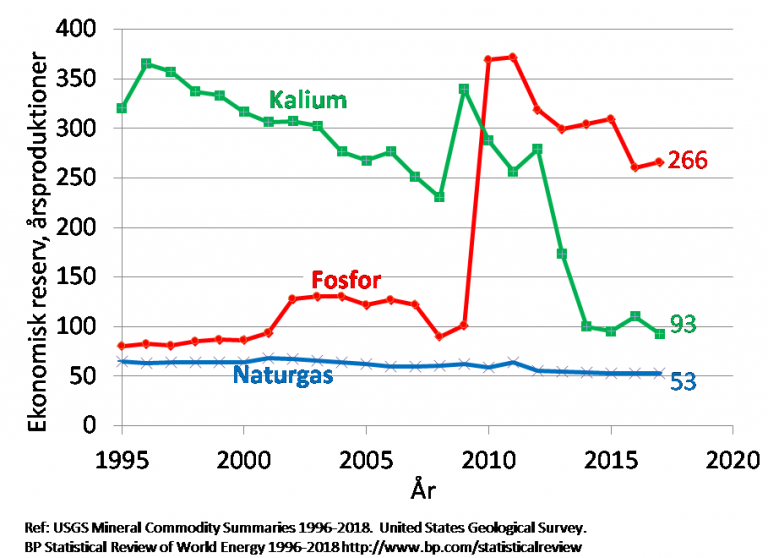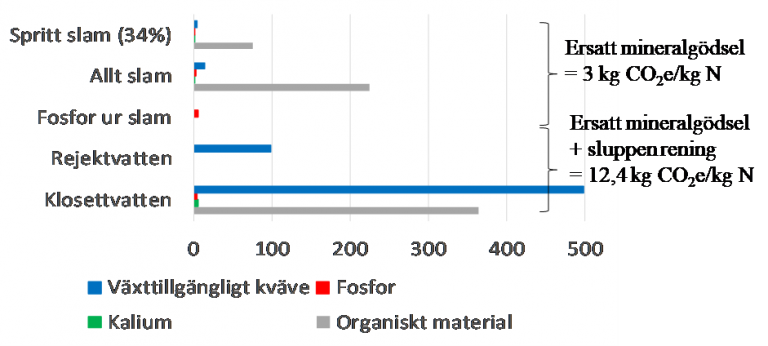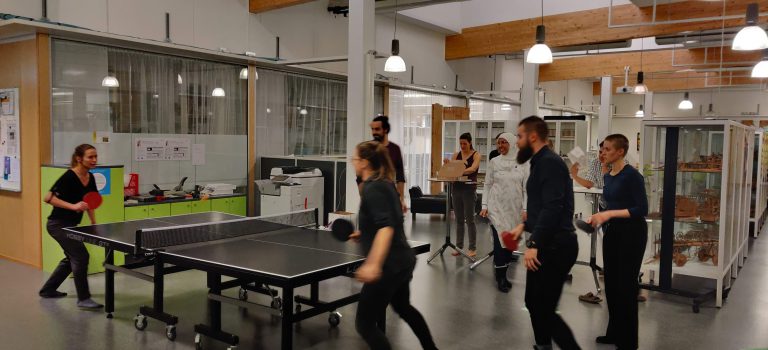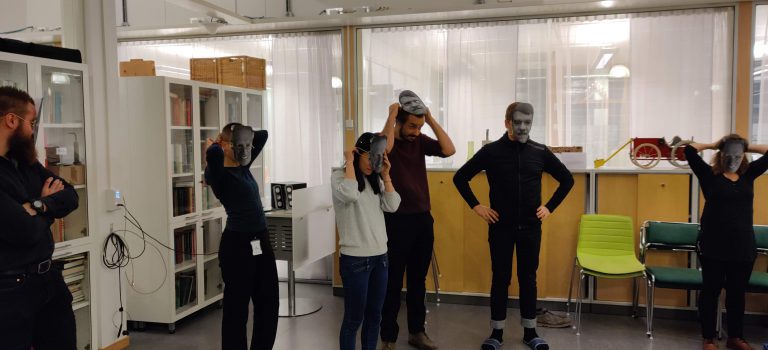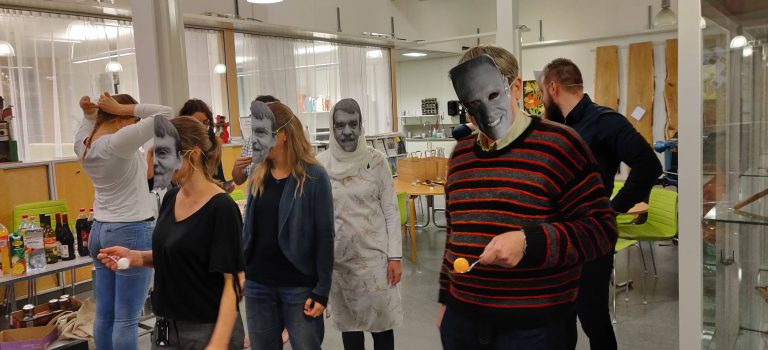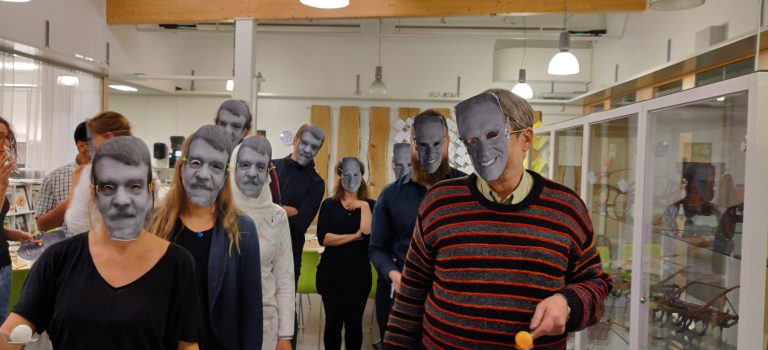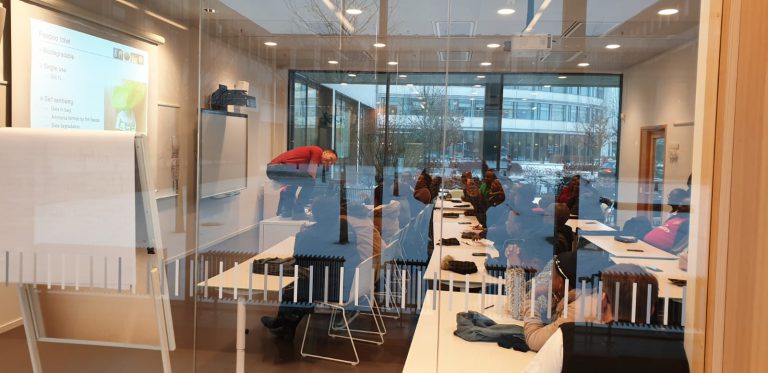Liksom många låginkomstländer kämpar Uganda för att ge sina invånare sanitet. Att uppfylla det hållbara utvecklingsmålet relaterat till sanitet (SDG6) kommer det att kräva stora investeringar i sanitet. Denna studie använder begreppet serviceregimer för att analysera befintlig sanitetsinfrastruktur och tjänster och deras respektive kostnader. De serviceundersökningar som undersökts är avloppsregimen och fekalt slamregimen. Resultaten visar att cirka 56 % av fekalflödet i Kampala uppskattas som “säkert hanterat”. Resultaten visar också att de årliga kostnaderna per capita för avloppsregimen (186 USD) är mer än 13 gånger för FS-regimen (14 USD). Dessutom finns det stora skillnader i subventioner mellan regimerna. Vid allokering av offentliga medel rekommenderas beslutsfattare att överväga (i) antal kunder inom regimer, (ii) totala kapital och driftskostnader för tjänster, (iii) kostnadsfördelning mellan intressenter och (iv) infrastrukturprestanda.
McConville, J. R., Kvarnström, E., Maiteki, J. M., & Niwagaba, C. B. (2019). Infrastructure investments and operating costs for fecal sludge and sewage treatment systems in Kampala, Uganda. Urban Water Journal, 1-10.


